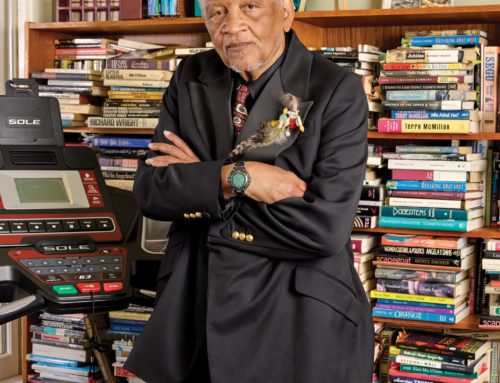In an essay completed not long before his suicide in 2012, Stig Sæterbakken wrote: “How strong would our passions be, separated from our fear of dying? We want to live, sure. But we want to die as well. We want to be torn apart. We want to drown in the wonders of ecstasy.” Both the craft of this passage—a single rhetorical question opens a rich vein of content—as well as its sentiment seem to me to epitomize Sæterbakken’s personal philosophy and artistic ambition. As with all of his writing, the question posed by the author is simple, but deceptively so, situated as it is at an existential crux. And, as with all of his writing, it cannot be ignored, nor easily grappled with. Sæterbakken seems fearless when examining the heart of his own experience, swiftly identifying a painful and unavoidable paradox, an impossibility that nonetheless must be negotiated and further explored. His prose, which so often conveys the mandatory ugliness and sadness of existence, is nevertheless charged with beauty and great tenderness, and thus infused with paradox. The author of endlessly interesting novels and essays, Sæterbakken is an indispensable artist, one whose work must be reckoned with, and whose day in the Anglophone world is, I believe, shortly at hand.
Through the Night, Sæterbakken’s last published novel, centers around Karl Meyer, a middle-aged man who, prompted by the suicide of his teenage son, Ole-Jakob, is forced to confront his past disgraces and contemplate his complicity in this death, all while enduring overwhelming feelings of grief. The novel, which almost reads as two separate works, opens in the immediate aftermath of Ole-Jakob’s suicide, with Karl’s wife, Eva, having just lodged an ax in the screen of the family television set. The act is a statement of protest (Karl has been binge-watching since their son’s funeral), but it could also be interpreted as a message from Sæterbakken to his reader regarding what is to come: there will be no further distraction from the situation at hand, however terrifying and all-consuming it becomes. Indeed, the novel quickly delves into Karl’s past through a series of short vignettes, which trace the history of his life’s two defining love affairs—with Eva, and with another woman, Mona, for whom he had recently, if temporarily, left his family.


